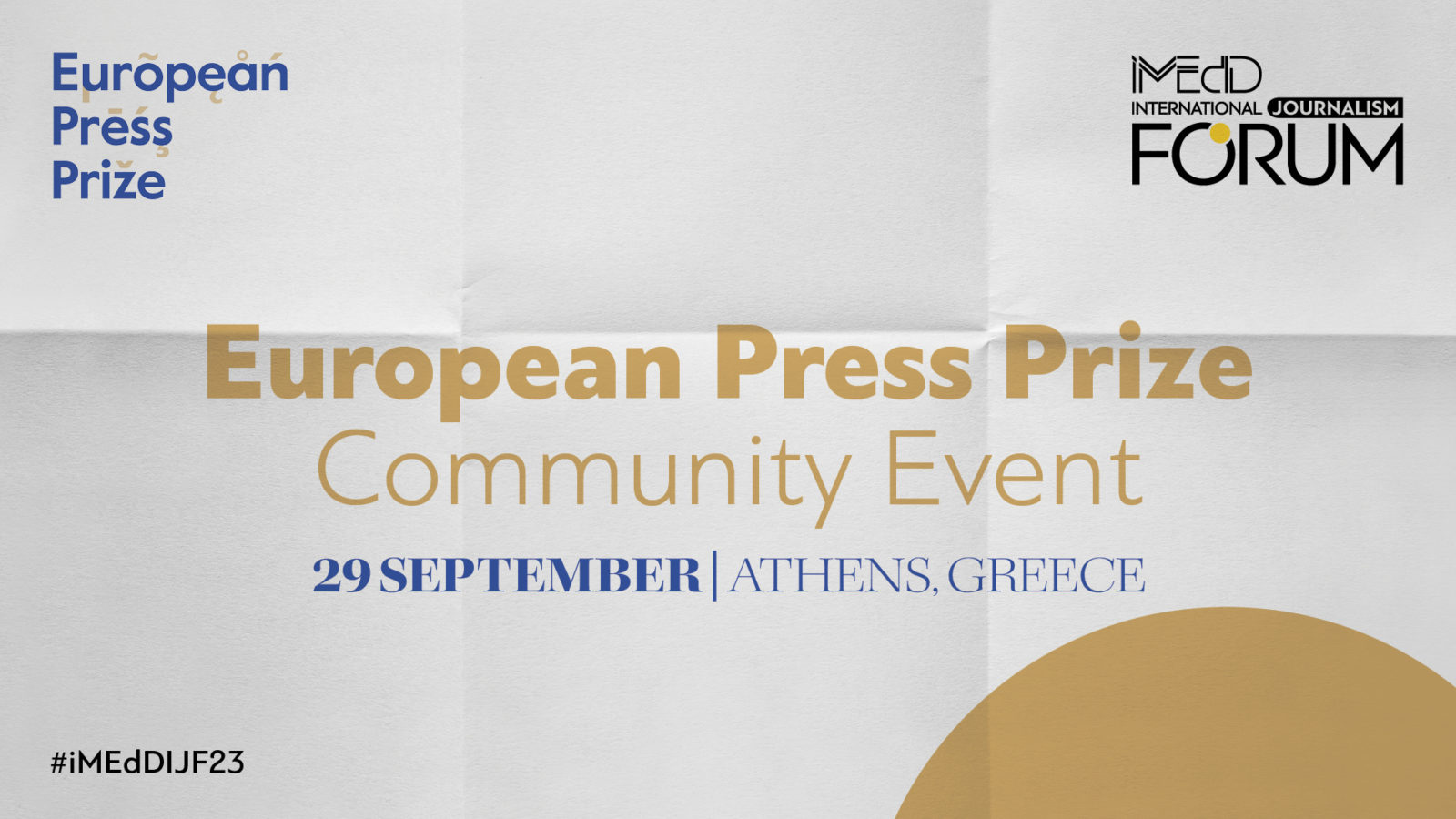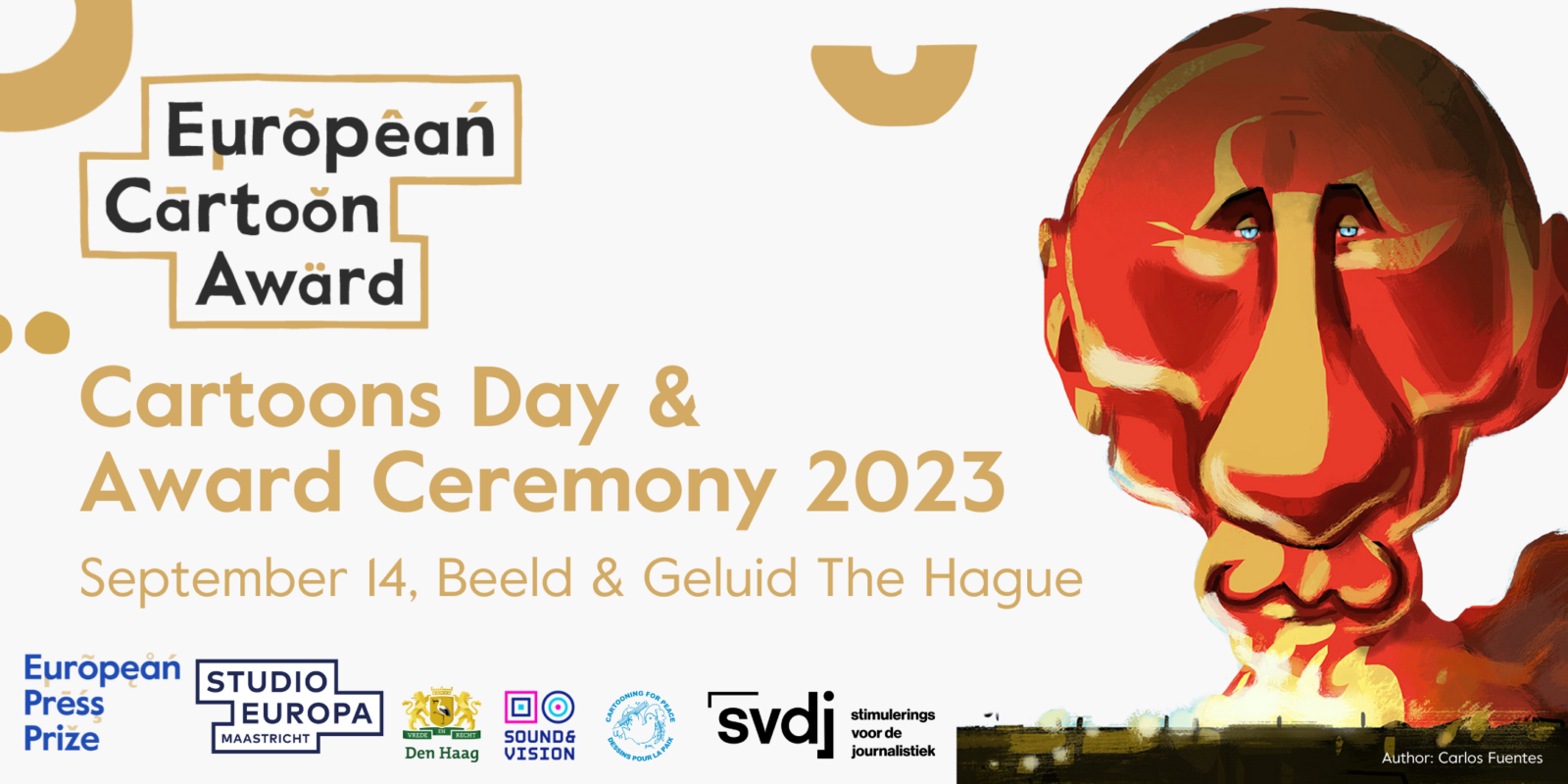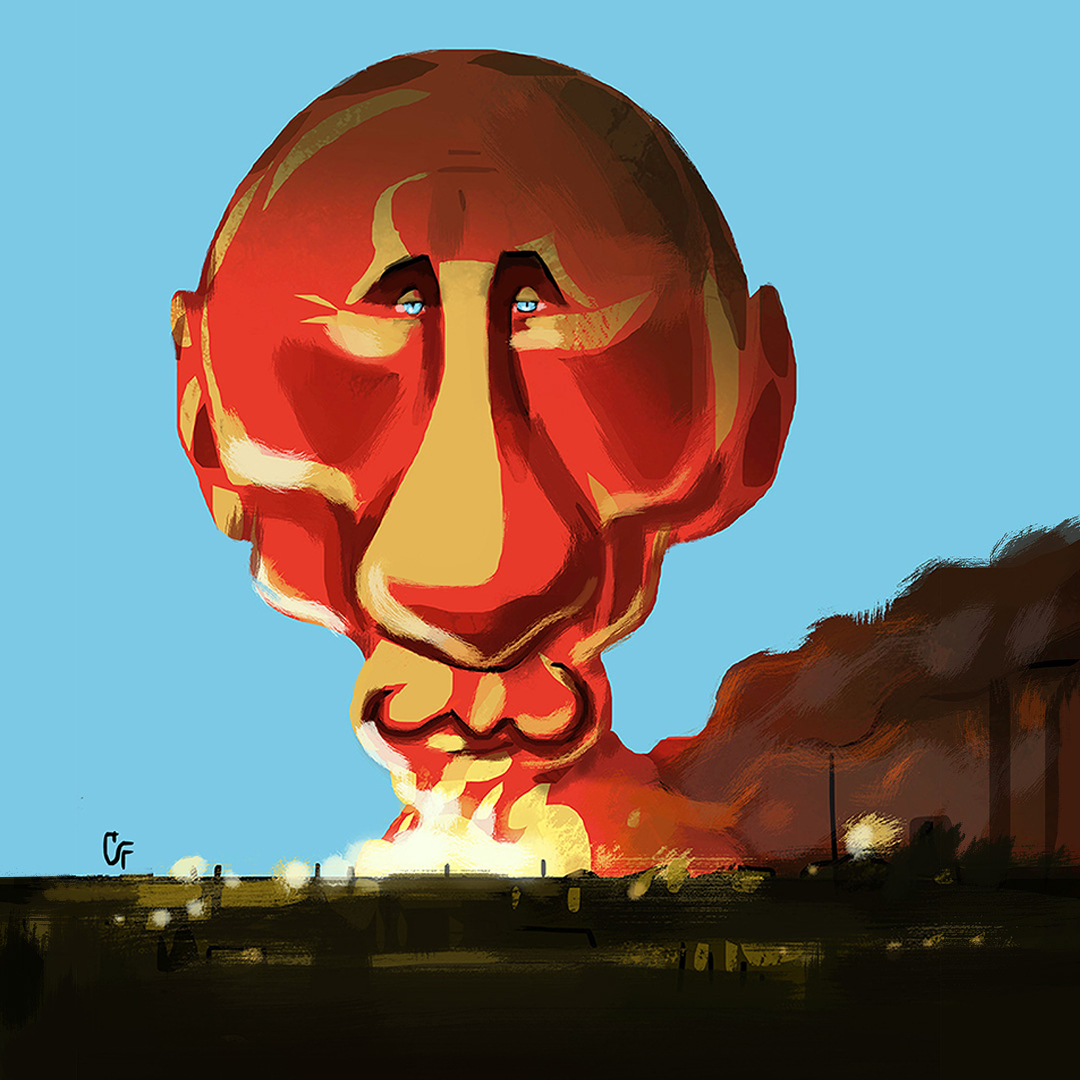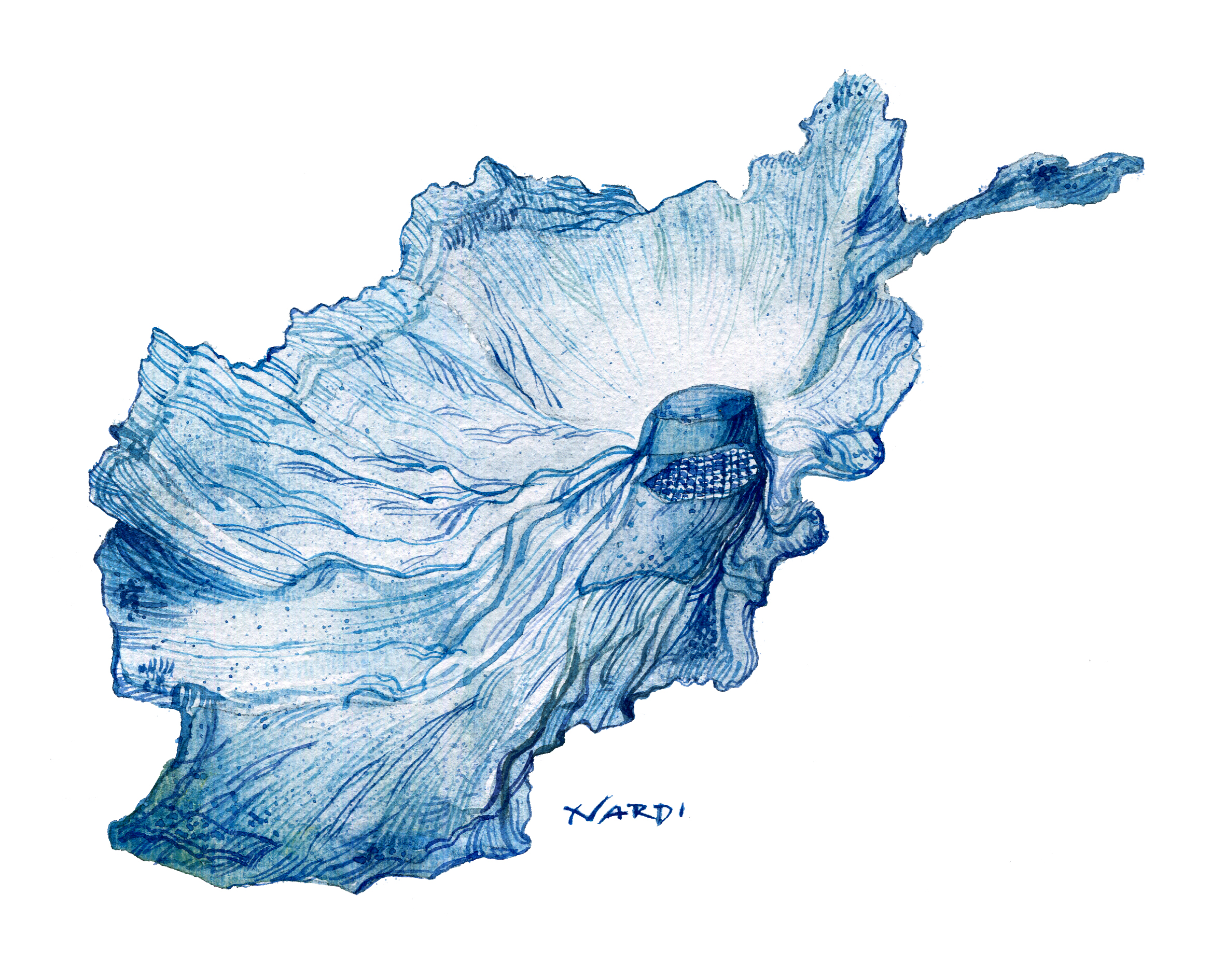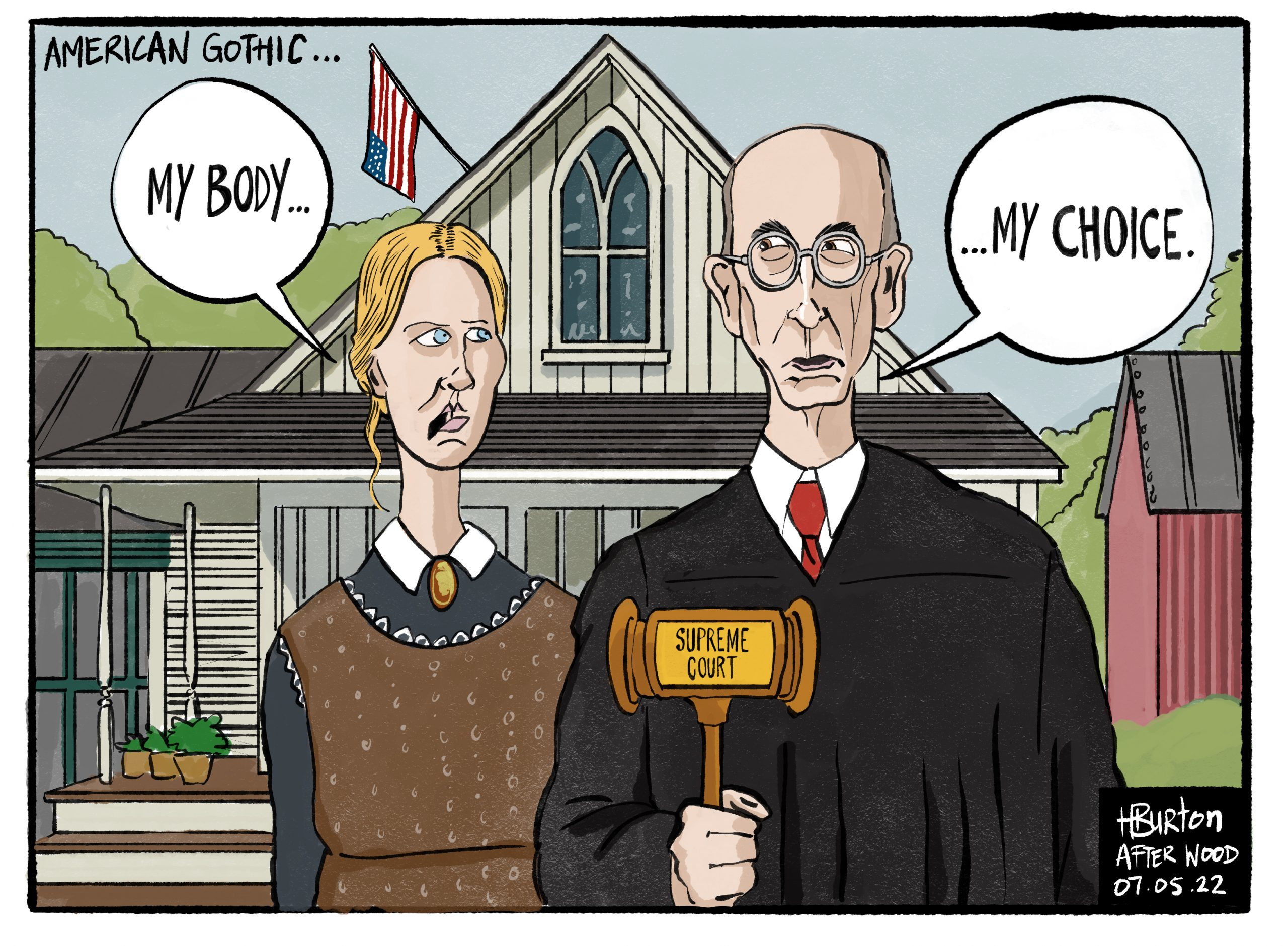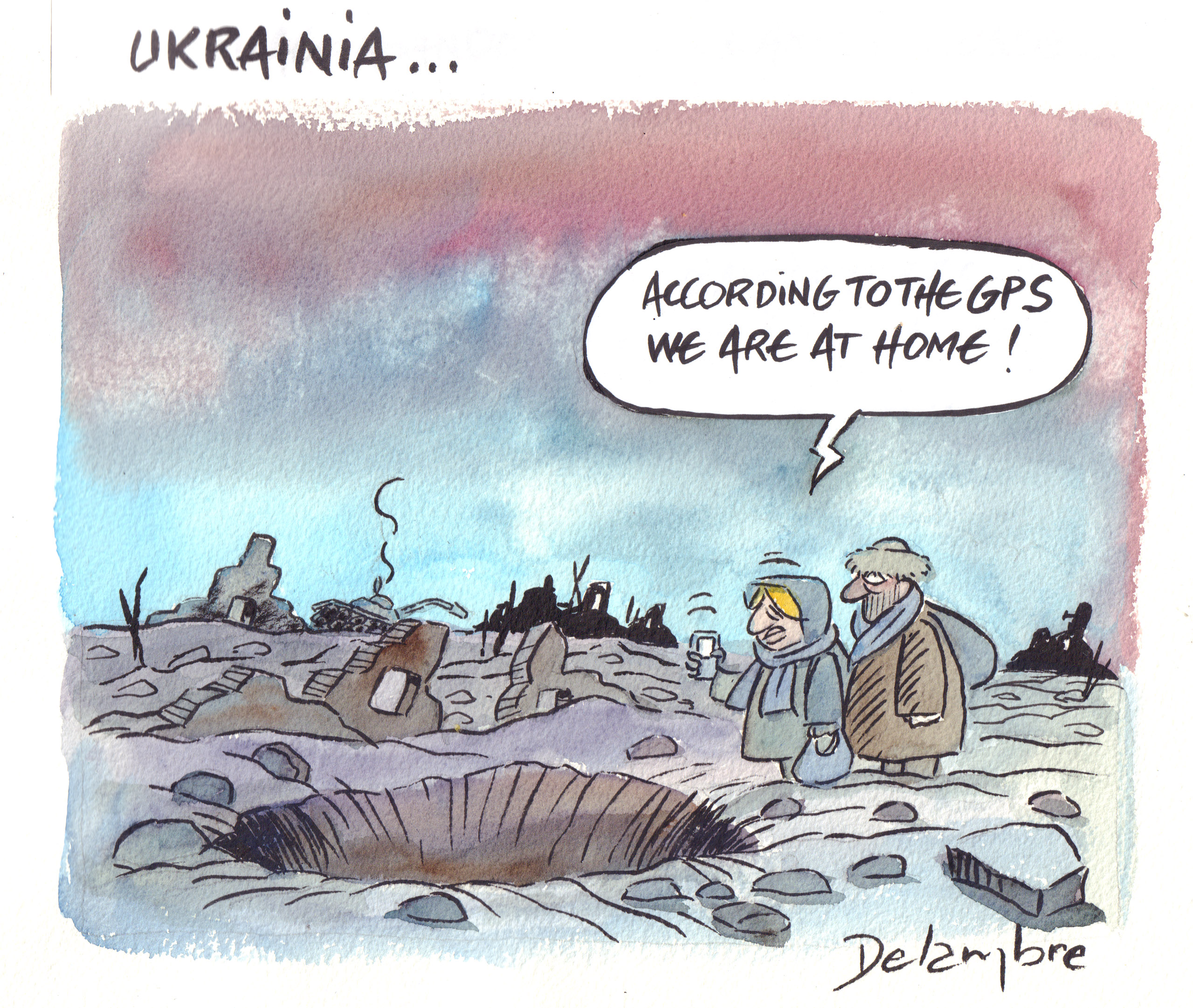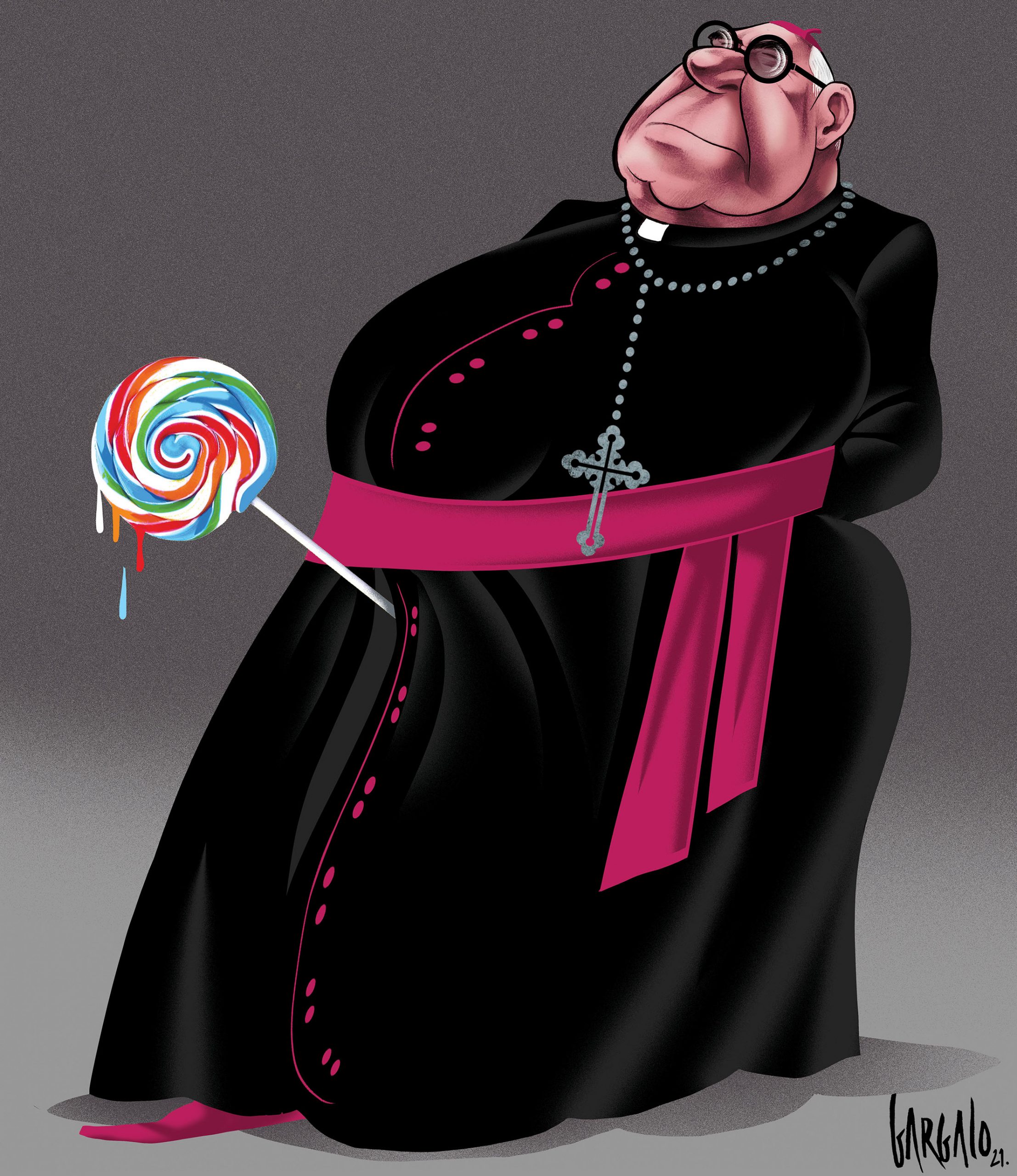Magical formulas: The International Journalism Forum
On September 29, we will host our Community Event at our member iMEdD’s International Journalism Forum, in Athens.
The word forum is a magical word.
It is, because it conjures images of vast crowds, active communication, energy and change. It brings us to a place. “Providing a forum:” for debate, for questions to be answered, for critiques to be raised, for words to be heard.
Of course, many words have this power. But the word forum is a magical word also because it reached intact our New Millennium. It wasn’t transformed by the various languages that ruled our cultural worlds. A great deal of different languages use the word forum as it is, not producing a so-called calque (for example, the French word déjeuner became breakfast, in English).
The word forum came to us untouched from the Latin and originates from another Latin word, fores, “(outside) door.” A forum is nothing more than “the place that is outside of doors,” in public, for the people to inhabit. Moving even more back in time, we trace it back to the Proto-Indo-European term *dʰworom, “enclosure, courtyard, i.e. something enclosed by the door.”
In this sense, many spaces are outside of closed doors, but over its evolution, this word has come to be used to indicate a space where people meet to talk about something, to share opinions, to trade goods, to make important decisions. Politics, economy, democracy, all took place in the forum.
A magical place.
A winning match: the forum for journalists
Conversely, the word journalism is a very recent one. It originates from the French term journal, a “daily publication,” which did not always have the meaning we nowadays attribute to journalism. It is only in the early 19th Century that we started to use the word journalism to indicate the profession of recording daily facts for the public to read.
And yet, these two terms fit so perfectly together.
A forum is a place where things happen, where choices are presented, where opinions fly fast and the future is shaped. In our Millennium, the size of such a forum is huge, immense, and it only takes an Internet connection to join in and grab the information we need, and leave our opinion.
Journalism needs a forum. It is a profession made of individuals and groups that seek important stories, with the only goal of putting such stories right into the space where public opinion is formed. The place where all their audiences are.
iMEdD International Journalism Forum
So we are granted two powerful words: forum and journalism. One ancient as ancient are the roots of our civilization, the other as new as the Enlightenment movement of the early 19th Century.
One has to try and use them in the same sentence! And that is what iMEdD is doing, in September in Athens, bringing together journalists and media professionals from all over the world in a forum for journalism and journalists. Some intense days of conversations, panels, presentations, exhibitions in a crowded space with no doors, entirely jotting on the outside via the Internet. “Journalism Forum!” we might utter while waving a wand.
We are, as European Press Prize, delighted to have a space in this forum, and we will bring to it our community of hundreds of passionate professionals, to give our contribution to this conversation on freedom and knowledge, which ultimately is for the people.
Because do you know which other word is powerful and magical? Democracy.
Read more about the International Journalism Forum >>
If you are a Laureate and would like to join us in Athens, please send an email to [email protected] with “Community Event participation” as subject.
The European Cartoon Award presents its first ‘Cartoons Day’, at the Beeld & Geluid Museum in The Hague
On September 14, from the Beeld & Geluid Museum in The Hague, the European Cartoon Award (ECA) will celebrate its first ‘Cartoons Day’, a day entirely dedicated to editorial cartoons, made of panels, workshops and that will culminate with the Award Ceremony of the ECA 2023 and the opening of this year’s exhibition.
You can register via this link.
One day entirely dedicated to editorial cartoons, cartoonists and to whoever enjoys this form of journalism and wants to learn more about it. This is the purpose of the first edition of the ECA ‘Cartoons Day’.
From the early afternoon until the late evening, experts, activists, artists and cartoonists will sit together in the rooms of the Beeld & Geluid Museum of The Hague for workshops and panels, book presentations and talks. They will connect with their audience, draw their cartoons, and teach the subtle art of editorial cartoons.
Among the guests, will be the President of the French organisation Cartooning for Peace Patrick Lamassoure, the winner of the Inktspotprijs 2022 Jip van den Toorn, and representatives of human rights organisations and of the Dutch government.
The start of something important
This event was designed by the Deputy Director of the ECA, Emanuele Del Rosso, and supported by the two founding partners of this Award, the European Press Prize and Studio Europa Maastricht.
Emanuele Del Rosso, Deputy Director of the ECA: “After only four years since its inception, the ECA is one of the most important awards for editorial cartoonists. We are now able, with the help of the Municipality of The Hague and the Stimuleringsfonds voor de Journalistiek, to give birth to an event that might very well be the start of something far bigger and more important. We bring editorial cartoons to The Hague and to whoever wants to enjoy them. It is important to foster the conversation on press freedom and the power of such cartoons, because they are a powerful means for change.”
Gonny Willems, Director of Studio Europa Maastricht: “In the first four editions of ECA, we have received submissions from all over Europe. Editorial cartoons that not only hold up a mirror to Europeans and make us reflect on our own continent, but also make us take a critical look at how we treat the rest of the world. With the ‘Cartoons Day’, we are taking another step in the development of the ECA by offering a deeper understanding to everyone who values press freedom and is interested in the power of cartoons.”
Culminating in the Award Ceremony and Exhibition Opening
At 18.30, after all the afternoon activities will finish, the Award Ceremony will begin. Every year, the European Cartoon awards €10.000 for the best editorial cartoon of the past year, and assigns two runners-up and two honourable mention awards.
The winner of the ECA 2023 will be selected by a jury of five experts in the field of editorial cartoons and journalism among the 414 entries that the Award received. The judges of this year’s edition will present the five Winners on stage.
After the Award Ceremony, an exhibition showcasing the best 40 cartoons of the ECA 2023 will be inaugurated in the main hall and entrance of the museum.
For inquiries about the European Cartoon Award and the possibility of organising an exhibition in partnership with the ECA, please contact [email protected]


